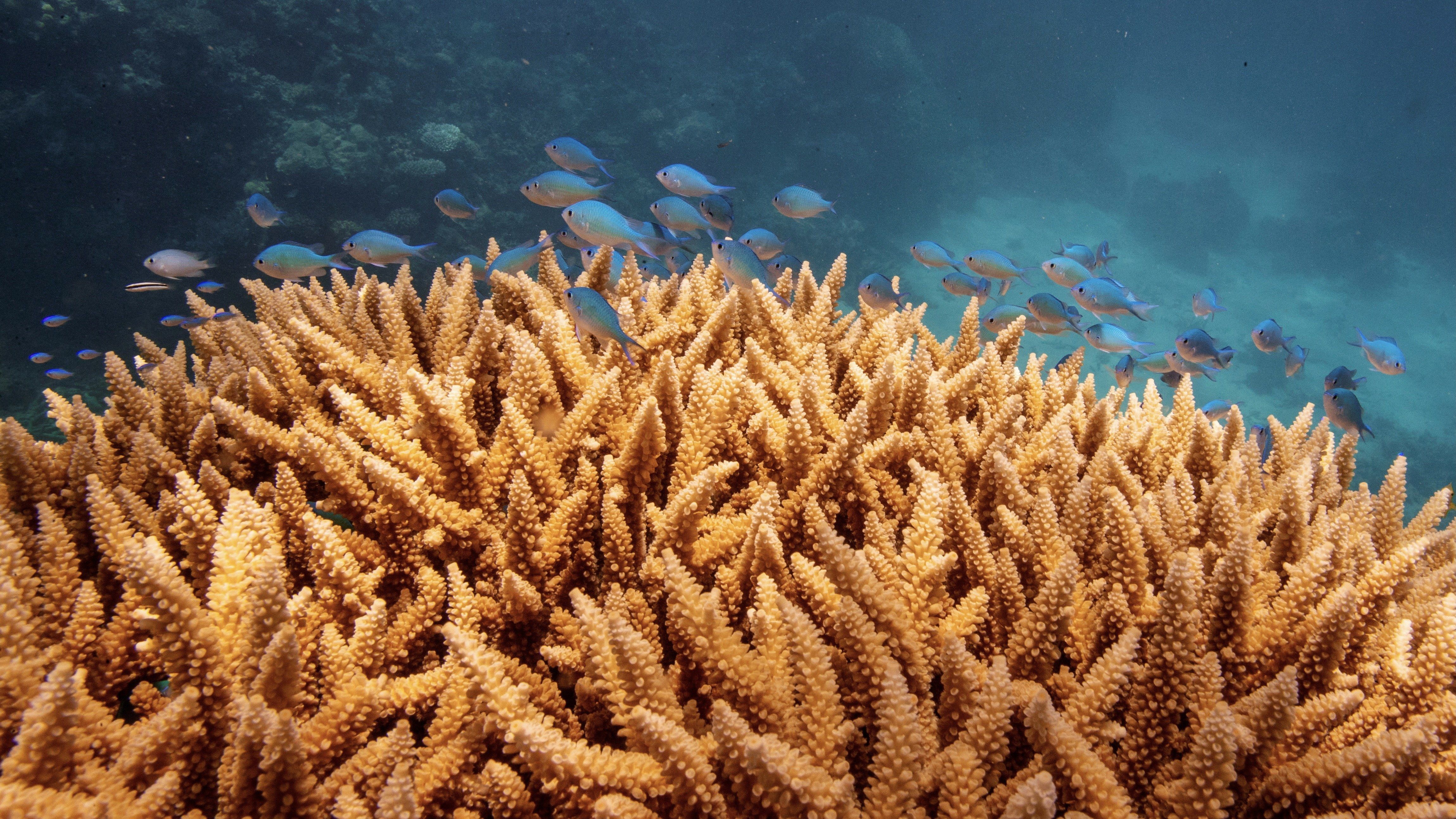39: Australia’s Great Barrier Reef – the biggest living ecosystem in the world – has suffered its largest annual coral decline since monitoring began 39 years ago. Tropical cyclones and coral-eating starfish are partly responsible, but experts say rising sea temperatures due to climate change are the main culprit.
5: Law and Justice-backed Karol Nawrocki began his five-year term as Polish president after his inauguration earlier today. Nawrocki will be a consistent thorn in the side of centrist Prime Minister Donald Tusk: unlike Tusk, the new president supports tax cuts and doesn’t see a place for Ukraine in NATO nor the European Union.
$500 million: US Health and Human Services Secretary Robert F. Kennedy Jr.canceled nearly $500 million in funding for mRNA vaccine research. mRNA technology, which gives genetic instructions to the body on how to fight diseases, enabled the rapid development of the COVID-19 vaccine. Several large studies say mRNA is safe, but the technology has faced scrutiny from Kennedy Jr., vaccine skeptic groups, and other members of the Trump administration.
2: Just how big is the AI spending boom? Over the past two quarters, investment in artificial intelligence has contributed more to American GDP growth than consumer spending, according to Renaissance Macro, an economic research company.
30: South Korea announced it will temporarily allow Chinese nationals to visit with a tour group for 30 days without needing a visa. It’s the first time that Seoul has allowed Chinese tourists to enter without a visa like this. The pilot program, which runs from Sept. 29 to June 30 next year, is part of a cautious thaw in bilateral relations.
